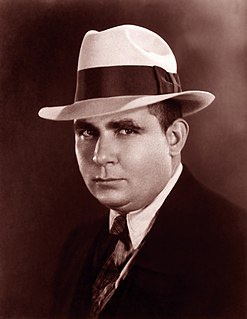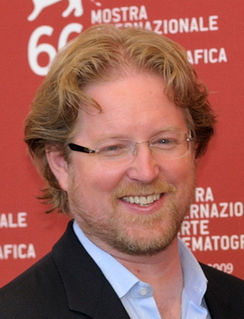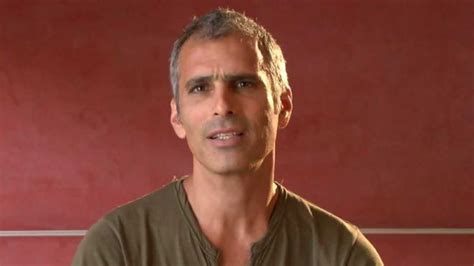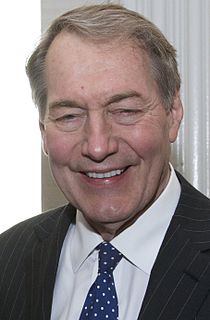A Quote by John Dewey
To avoid a split between what men consciously know because they are aware of having learned it by a specific job of learning, and what they unconsciously know because they have absorbed it in the formation of their characters by intercourse with others, becomes an increasingly delicate task with every development of special schooling.
Related Quotes
You and I are infinite choice-makers. In every moment of our existence, we are in that field of all possibilities where we have access to an infinity of choices. Some of these choices are made consciously, while others are made unconsciously. But the best way to understand and maximize the use of karmic law is to become consciously aware of the choices we make every moment.
Mr. Beerbohm in his way is perfect ... He has brought personality into literature, not unconsciously and impurely, but so consciously and purely that we do not know whether there is any relation between Max the essayist and Mr. Beerbohm the man. We only know that the spirit of personality permeates every word that he writes ... He is without doubt the prince of his profession.
We all fall into our habits, our routines, our ruts. They're used quite often, consciously or unconsciously, to avoid living, to avoid doing the messy part of having relationships with other people, of dealing with a person next to us. That's why we can all be in a room on our cell phones and not have to deal with one another.
Are there experts, ethical experts, that's very offensive to all of us? Because it's part of our humanity to have a stake in these questions to feel that we ourselves know the difference between right and wrong. And then along come these experts, philosophers, claiming, you know, an expertise, a special training, a special skill, a special talent.
Skating becomes more important to me every year. It's obviously harder as age takes a toll on the body and the brain, and I think because of that, competing becomes much more difficult. That's why those who stick around are always so appreciative of others' skating because we know how much work goes into it.
Every other word out of every other Chinese mouth is "development, development, development, development." And that's what they're talking about it - because they believe it, A, enables them, with development, to have the kind of status they want in the world, and B, it enables them to deal with their internal problems, having to do with poverty, urban-rural as well as the environment.









































